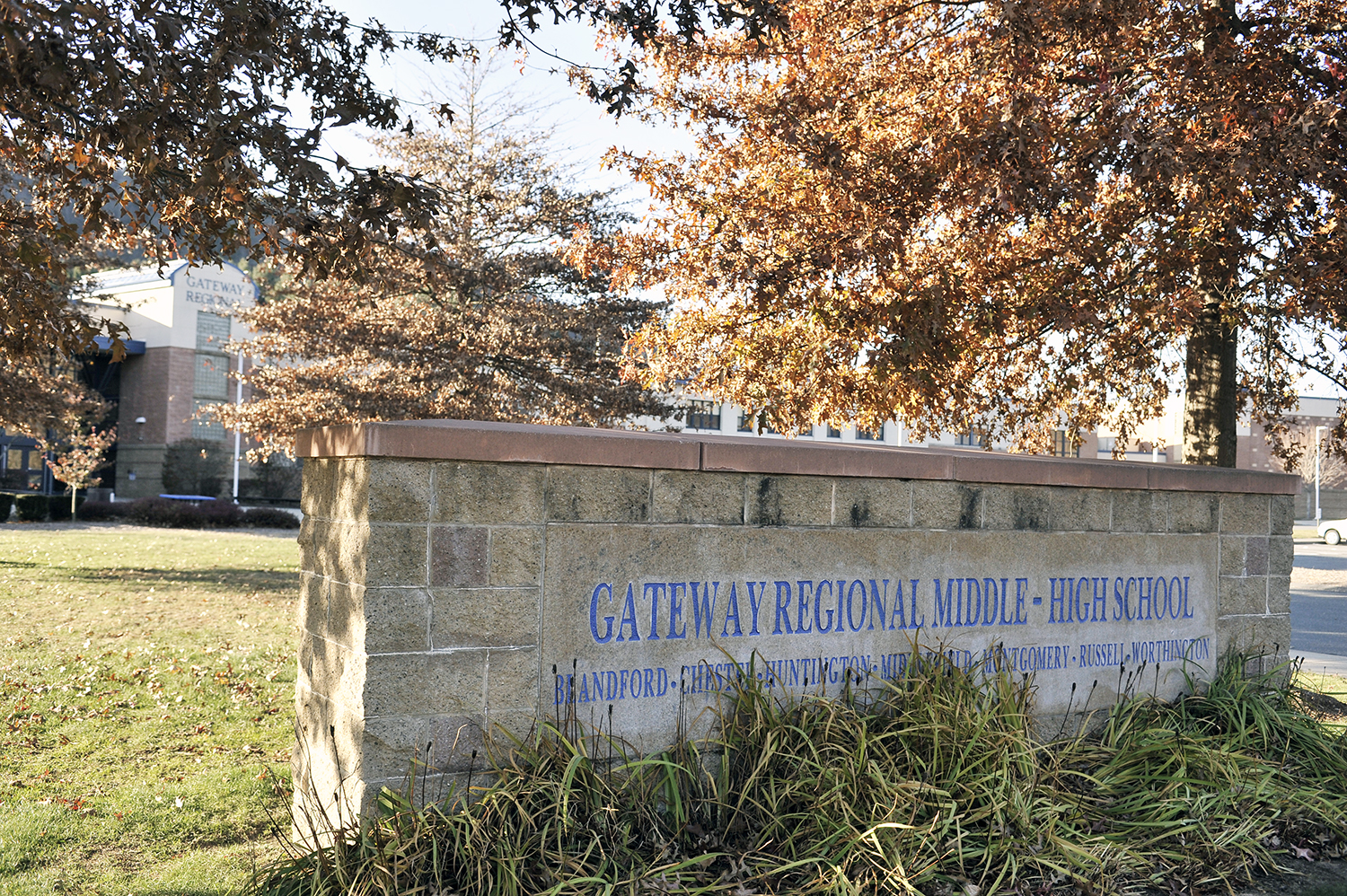HUNTINGTON – Attorney James Lampke, who represents the town of Huntington, is preparing to file opposition papers prepared by all the plaintiffs against a motion to dismiss the lawsuit made by both Worthington and the Commonwealth of Massachusetts for the legislation allowing Worthington to leave the Gateway District. The plaintiffs, Ruth Kennedy and Derrick Mason who are representing themselves pro se, and the Gateway Regional School District represented by long-time Gateway attorney Fred Dupere, are working cooperatively in the consolidated filing.
A motion to dismiss was filed separately by the town of Worthington and the Commonwealth of Massachusetts. Lampke said that each of them submitted a brief of over 20 pages to dismiss the lawsuit. He said that there are similar arguments in both of the motions. and some that only pertain to Worthington or to the Commonwealth.
“I think it’s pretty outrageous what the legislature did here,” Lampke said.
He said there are seven different counts in the complaint, and seven different theories they are suing them on.
Once all the papers are filed this week in Hampshire Superior Court in Northampton, the court may then set a date for a hearing.
“I don’t believe the court will allow the motion to dismiss without a hearing,” Lampke said.
Lampke, who is a member of the Massachusetts Municipal Lawyers Association and has an office is in Hingham, Mass. said the basis of the lawsuit is that the action of the legislature that let Worthington leave is in violation of the contract law, because it impairs an existing contract. The contract in this case is the Gateway School District regional agreement.
He said the action also goes against home rule law, because it goes against the interests of seven towns and the school district. Lampke said under home rule, there are limitations as to what the legislature may do. In addition, there are breach of contract issues, and a local mandates issue resulting in additional costs to the remaining six towns that the legislature hasn’t funded.
“I think we have a good claim. The district and the plaintiffs and the other towns all have very good claims,” Lampke said.
“You enter into a contract. Worthington wanted to get out of the contract.”
The regional agreement has a way to get out of the contract, which is an affirmative vote by all seven towns. When that failed, Lampke said, “They went this route.”
“It’s unusual for schools to leave a regional school district, although not unheard of,” Lampke said.
He said typically, there’s an agreement about what the withdrawing school is going to be responsible for.
“If the towns had been able to reach an agreement, maybe they could have withdrawn that way.”
But Worthington decided instead to go to the legislature with no agreements made.
Lampke said that the legislature went so far as to introduce highly unusual language into the legislation when they allowed Worthington to leave the district.
“If you look at any law, it begins `notwithstanding any general or special law to the contrary.’ Here they added, `notwithstanding any general or special law or agreement to the contrary’,“ he said.
Lampke said an agreement refers to a contract.
“‘No state shall pass a law impairing contracts’ goes back to colonial times,” Lampke said. “I have yet to find this language anywhere else. As a practical matter, this has grave implications to regional school agreements everywhere, in addition to inter-municipal agreements.”
“This is Constitutional Law 101,” he said.


